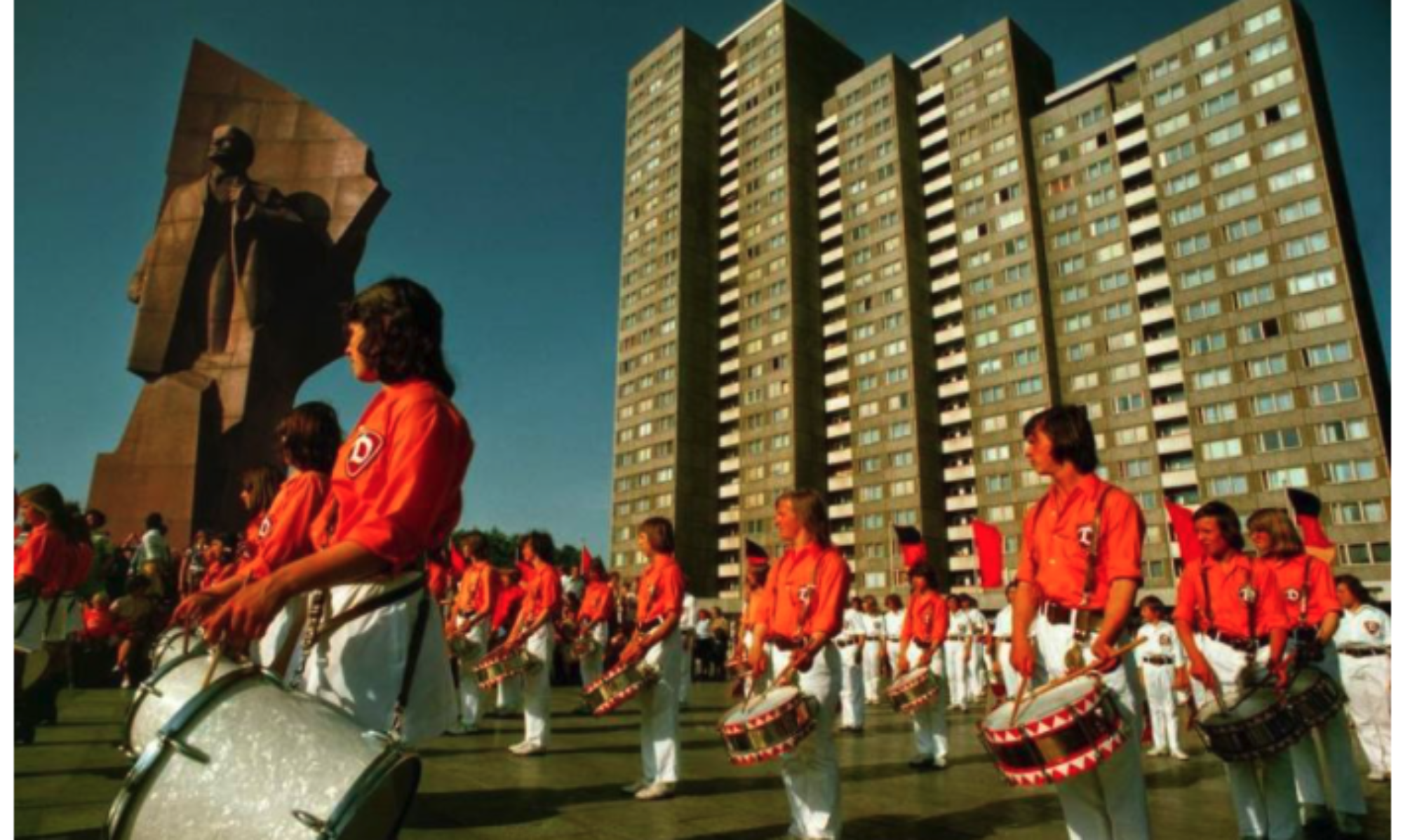In the reading for this week there were two clear goals for the International Tchaikovsky Competition and the Moscow holiday event. One of them was popularize Russian music, “Shostakovich reminded the committee that the point of the competition was to popularize Russian music” (Tomoff, 91). The other one was too propagandize that the Soviet Union excelled in a lot of cultural aspects and also to influence those outside of the Soviet Union “a continual source of propaganda for the achievements of Soviet culture” (Tomoff, 107). My question to the class would be was the International Tchaikovsky Competition successful with the defeat from Van Cliburn but with the achievement of having the best violin soloists in the Soviet Union? Or was it an equal match between the Soviet Union and the west?

I think there is the third option that America could be considered the winner of this competition (it is one that I will not make myself but think it is important to keep in mind that the winning of Van Cliburn could have been construed as a victory for the West simply on the grounds that an American/ Non-Soviet aligned individual won anything at all). However, I think what is much more likely and feasible is that this was indeed a victory for the Soviets and not some sort of half-victory. Why? Simple, it is because that was the expressed-goals of the competition to merely showcase the best that Russian and Soviet music had to produce. Every competitor had to play Russian/Soviet pieces, they would go on tours around Europe and Asia playing Russian/Soviet music, records of Soviet-style music skyrocketed in the West. The goal (as far as propaganda goes) was not to magically convert the world to Communism or the like, but rather to demonstrate the superiority of their music and make it more mainstream. I think they did that especially if you consider how frequently music like Tchaikovsky’s 1812 Overture is used in modern western cinema. The widespread production/ knowledge of the Nutcracker, too, is something most middle schools or high schools get the opportunity to witness in the West presently. (Certainly, there are more examples but that is the first to come to mind.) They were not looking for a “big” win of conversion, but a slow steeping of culture and integration thereof. If we construe it in this light then, I believe that they did indeed win for the Soviets.